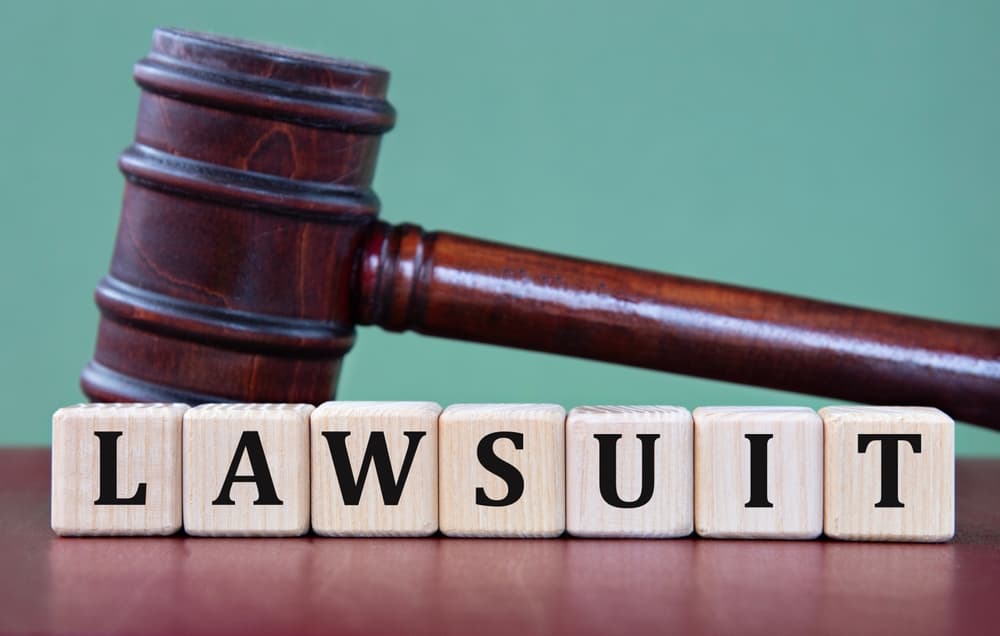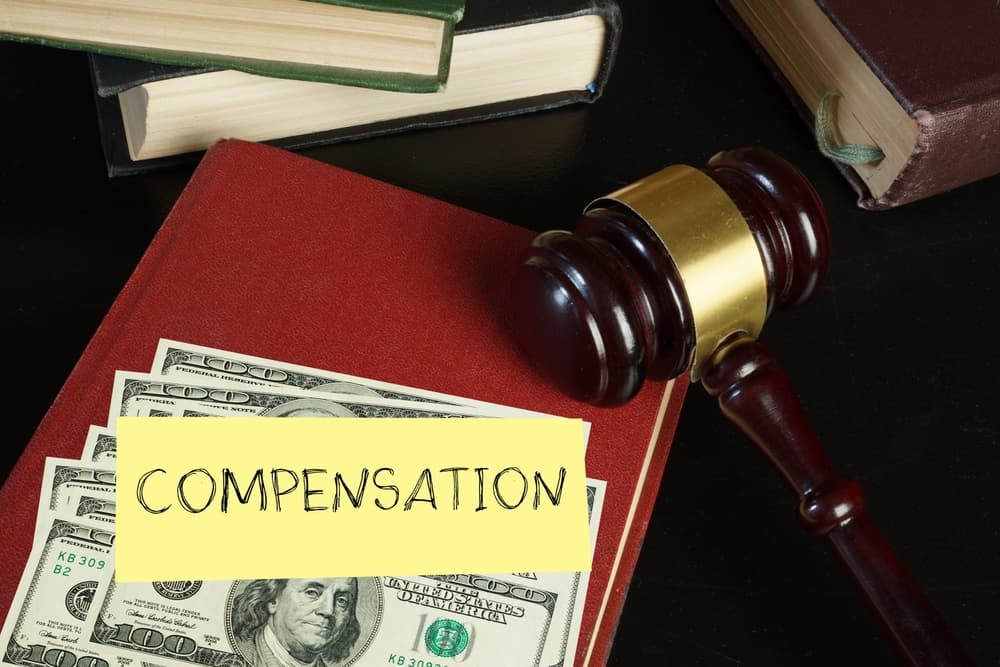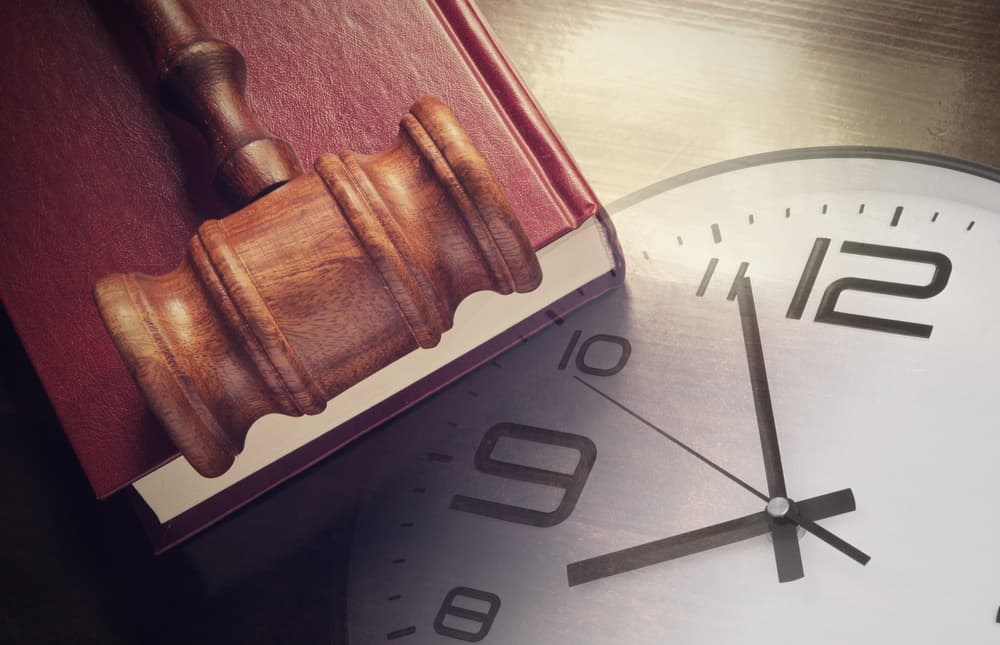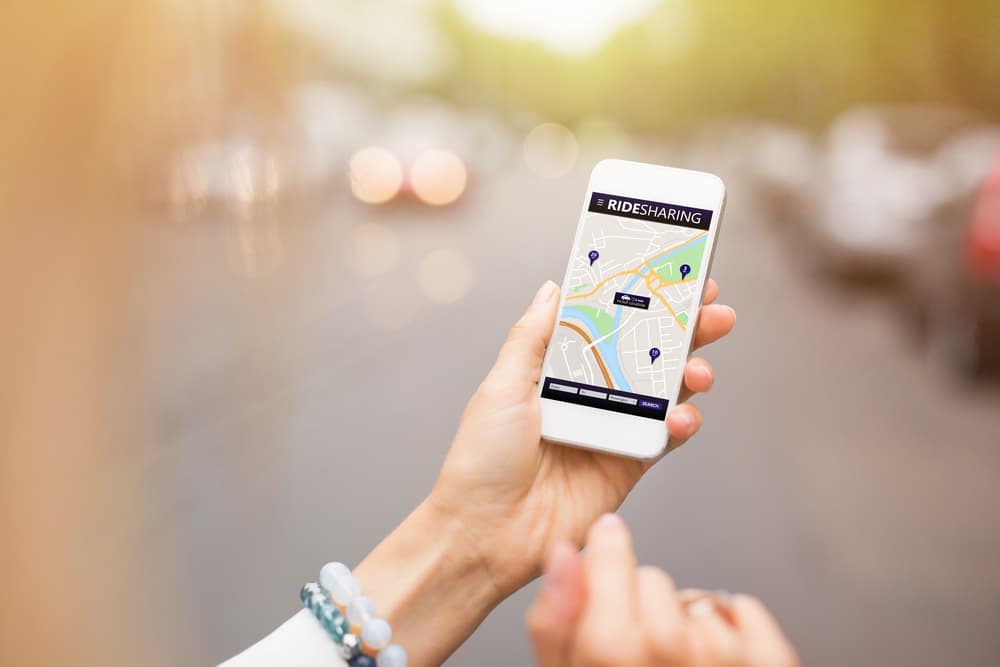Rideshare apps like Lyft make it easy to get around Chicago. But when a Lyft ride ends in an injury accident, you may be left with medical bills, missed work, and uncertainty. Can I sue Lyft after an injury accident in Chicago?
This is a question many people face after being hurt in a rideshare crash. The answer depends on how the accident happened, who caused it, and what kind of insurance coverage is available.
This article breaks down what you need to know. It will help you decide your next steps after a Lyft-related injury in Chicago.
When Can You File a Lawsuit?
Not every Lyft accident leads to a lawsuit. But if you were injured and someone else was at fault, you may have the right to sue.
Here’s when it becomes possible:
- The Lyft driver caused the crash
- Another driver hit the Lyft car while you were a passenger
- You were hit by a Lyft driver while walking, biking, or driving
- Your loved one was killed in a Lyft accident
To file a lawsuit, there must be:
- A person or company that caused the accident through careless behavior
- Proof that their actions led to your injury
- Medical records or other evidence showing the harm you suffered
You can sue for a rideshare accident whether you were a passenger, pedestrian, cyclist, or another driver. Each case depends on the facts.
Three examples where a lawsuit may be possible:
- As a Passenger: You were in the back seat of a Lyft. The driver ran a red light and crashed. You have neck and back injuries.
- As a Pedestrian: You were walking through a crosswalk. A Lyft driver made a turn without looking and hit you.
- As Another Driver: A Lyft driver sideswiped your car on Lake Shore Drive while changing lanes without signaling.
In all of these, you may have the right to sue and seek compensation.
Who Can You Sue After a Lyft Accident?

This depends on who was responsible for the crash and whether the Lyft driver was working at the time.
Possible parties include:
- The Lyft driver
- Lyft itself (in rare cases)
- Another driver
- A company that owns or maintains a vehicle
Each case is different. These general rules apply in most cases:
The Lyft Driver
If the Lyft driver caused the crash while logged into the app, you can usually file a claim against their insurance or Lyft’s.
Lyft
Lyft may be harder to sue directly. The company usually argues that its drivers are independent contractors. However, Lyft provides insurance coverage for accidents involving active drivers.
Another Driver
If a third-party driver caused the crash, their insurance may be responsible. This can happen if you were a passenger in a Lyft and another car hit you.
Here’s a breakdown:
- Lyft driver was not using the app: their personal insurance applies
- Lyft driver was online but had no passenger: Lyft provides limited coverage
- Lyft driver was on a trip or picking someone up: Lyft provides up to $1 million in coverage
You may be able to sue multiple parties depending on how the crash happened.
What Types of Injuries Can You Sue For?
A wide range of injuries can occur in a Lyft accident. Some are minor, but others are life-changing. You can sue if your injury caused medical bills, lost work, pain, or other damages.
Types of injuries that often lead to lawsuits:
- Neck and back injuries
- Broken bones
- Cuts and bruises
- Head injuries or concussions
- Spinal cord damage
- Internal injuries
- Emotional trauma or anxiety
- Long-term disability
Three key questions help determine if your injury qualifies:
Did You Need Medical Treatment?
Even one trip to the ER can justify a claim.
Did the Injury Affect Your Life?
Missed work, limited movement, or pain all matter.
Was the Injury Someone Else’s Fault?
You need to show that another person caused the crash.
The more serious your injury, the more likely you may have a strong legal case.
What Compensation Can You Get?
You may be entitled to several types of compensation if you sue after a Lyft accident.
Here’s what you can typically recover:

- Medical bills (past and future)
- Lost wages
- Pain and suffering
- Mental health treatment costs
- Physical therapy or rehab
- Damage to personal property
- Long-term care expenses
Let’s break this down into categories:
Financial Losses
You can get money for direct costs like hospital bills, surgery, medications, and missed income.
Physical and Emotional Suffering
This includes pain, stress, trauma, and how the injury has affected your life.
Future Costs
If you’ll need care for months or years, you can ask for money to cover it.
Each case is unique. The amount depends on the seriousness of your injuries and how your life has changed.
How Does Lyft’s Insurance Work?
Lyft provides different levels of insurance depending on what the driver was doing at the time of the crash.
Here’s a breakdown:
- Driver not using the app:
Only the driver’s personal auto insurance applies. Lyft is not involved. - Driver is online but has no passenger:
Lyft provides third-party liability coverage:- $50,000 per person for bodily injury
- $100,000 total per accident
- $25,000 for property damage
- Driver is on the way to a pickup or has a passenger:
Lyft provides:- Up to $1 million in liability coverage
- Uninsured/underinsured motorist coverage
- Contingent collision coverage
If your crash happened during a ride or pickup, you may be covered under Lyft’s $1 million policy. But getting that money isn’t always easy.
What matters:
- The driver must be logged in
- The app must show the ride was active
- You must file a claim with proper documentation
You may need help to deal with Lyft’s insurance company. They often try to reduce what they pay or deny claims.
What Should You Do While You’re Healing?
The days after a Lyft accident can feel slow and uncertain. You may be stuck at home, dealing with pain, or juggling doctor visits. This period is still important for your case. Even if the crash is over, what you do during recovery matters.
Keep following all your medical instructions. Go to every appointment. Rest when needed. Insurance companies often check your records. If you skip care, they may say your injuries weren’t serious.
While you’re healing:
- Keep a notebook or journal about your pain and progress
- Save all receipts for out-of-pocket costs (medications, parking, devices)
- Ask your doctor for written notes about your limitations
- Stay off social media or avoid posting about your accident
- Let your employer know you may need time off or light duty
- Respond to medical billing offices to avoid collections
Three daily habits can protect your health and your case:
Write Everything Down
Record how your injury feels each day. Mention pain levels, things you can’t do, or when you had to miss work.
Save All Communications
Keep emails, letters, or texts from Lyft, insurance adjusters, or medical providers. These help show what you were told and when.
Track Your Expenses
Use a folder or phone app to log every cost. Even small amounts like over-the-counter meds or Uber rides to appointments can add up.
This phase isn’t just about recovery. It’s about building a record of how the accident continues to affect your life. That evidence can support your claim later if a lawsuit becomes necessary.
How Long Do You Have to File a Lawsuit?

Illinois has a deadline for filing injury lawsuits. This is called the statute of limitations.
In most cases, you have:
- 2 years from the date of the accident to file a personal injury claim
This time limit applies whether you were a passenger, pedestrian, or another driver. If you wait too long, you may lose your right to sue.
Some exceptions apply, such as if the injured person was a minor or mentally unable to file right away. But it’s best to act quickly.
Is It Worth Suing Lyft?
If you’ve been seriously hurt and someone else was at fault, filing a claim can help you recover. It may also hold the driver or company accountable.
Here’s when suing may be worth it:
- You have large medical bills
- You missed weeks or months of work
- You live with daily pain or disability
- You lost a loved one in a Lyft crash
- The insurance company won’t pay fairly
That said, lawsuits can take time. You may need to collect documents, speak with witnesses, and deal with legal filings. But the upside is real. Many people recover money that helps them rebuild their lives.
Three signs it’s time to talk with a lawyer:
You’re Still Hurting
Ongoing pain, treatment, or disability can increase your case’s value.
Bills Are Piling Up
You should not have to pay for someone else’s mistake.
Insurance Is Delaying or Denying
If you’re getting the runaround, legal help can make a difference.
Frequently Asked Questions About Lyft Injury Accidents in Chicago
Can I file a claim if I didn’t wear a seatbelt in a Lyft?
Yes, you can still file a claim. However, not wearing a seatbelt might reduce the amount of money you receive. This is called comparative fault. Illinois allows injury victims to recover damages even if they are partly at fault, as long as they are less than 50% responsible.
Does Lyft offer a settlement automatically after an accident?
No. Lyft does not automatically offer settlements after accidents. You must report the incident through the app and follow up. In many cases, the insurance company will investigate first and may try to settle for less than your case is worth.
You often need to push back or file a formal claim.
What happens if the Lyft driver fled the scene?
If the Lyft driver leaves the scene, it becomes a hit-and-run case. You should report it to police right away. Lyft’s uninsured motorist coverage may apply in this situation if the driver was logged into the app at the time.
It’s important to act fast and gather any witness info or security footage if possible.
Can I sue if the Lyft accident happened on private property?
Yes. Accidents on private property, such as parking lots or driveways, can still lead to claims or lawsuits. As long as someone’s carelessness caused the injury, and Lyft was involved, you may be able to recover damages. Insurance coverage rules still apply.
What if I was assaulted by a Lyft driver?
If a Lyft driver assaulted you, you may be able to file a civil lawsuit for personal injury. This may include claims against the driver and potentially Lyft, depending on the circumstances.
These cases are complex and may also involve criminal charges, so it’s essential to speak with an attorney as soon as possible.
Talk With a Lawyer You Can Trust
Getting hurt in a Lyft accident can turn your life upside down. It can leave you with pain, stress, and questions. An attorney can look at your case, explain your options, and deal with insurance companies for you. You may be able to get money to pay for care, replace lost income, and move forward.
If you were hurt in a Lyft accident in Chicago, call Walner Law at (312) 410-8496. The call is free, and there’s no pressure. Let someone answer your questions and help you determine what to do next.


 Skip to content
Skip to content




